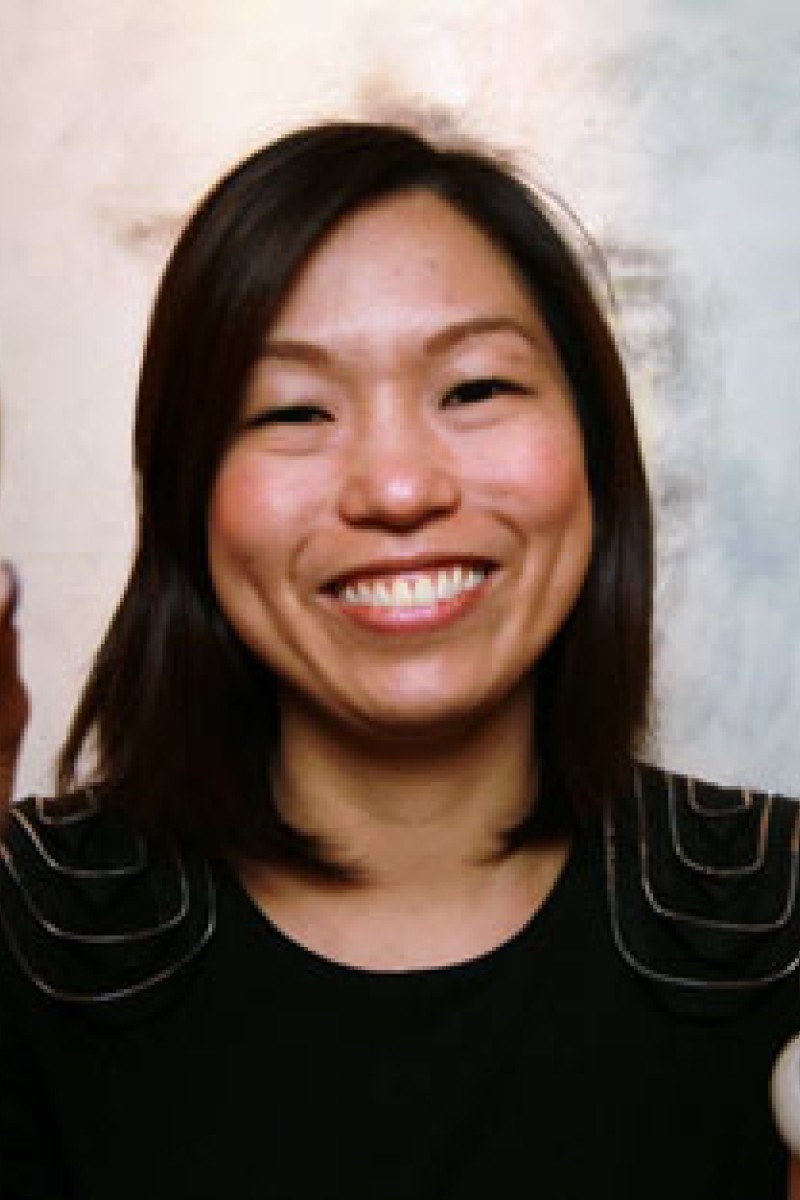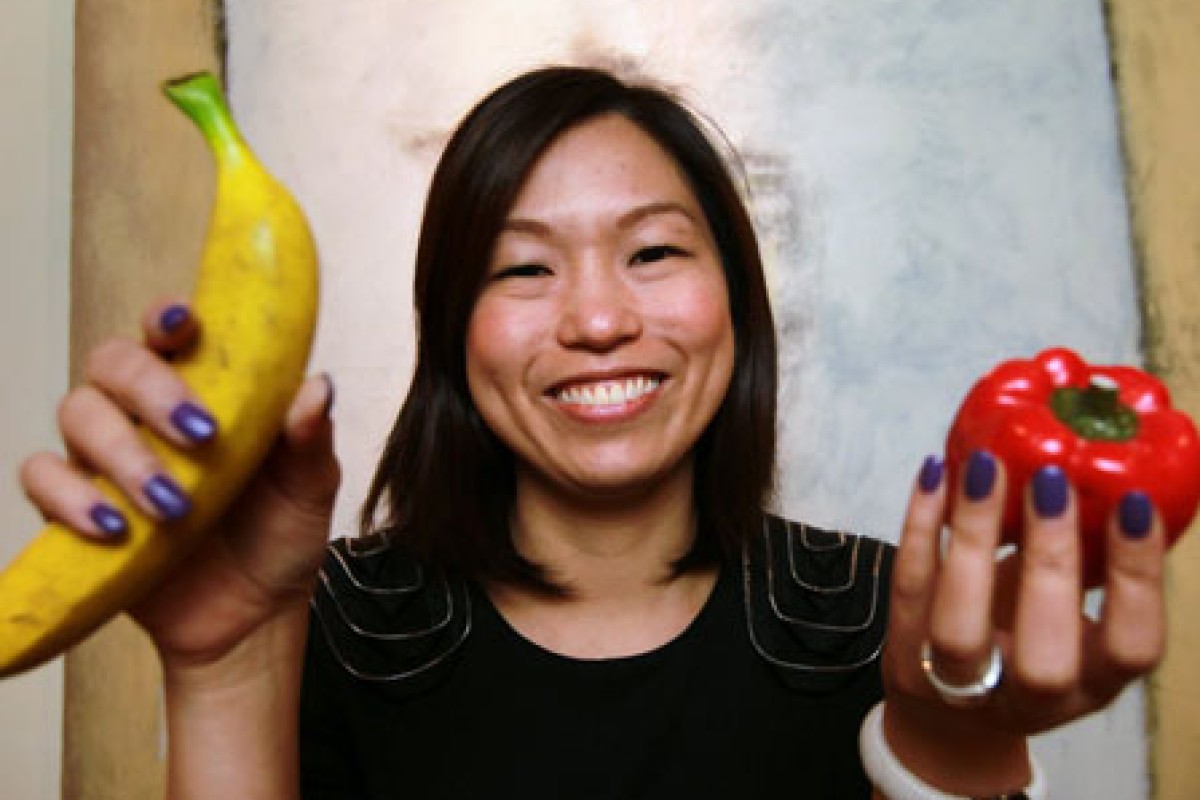
Dietitians can help us recover from illness or stay healthy so that we get the best out of life

Dietitians use nutrition to help people with cancer, diabetes, anorexia and so forth to improve their condition. Nutritionists can use their knowledge for educational purposes, research, or the well- being of healthy people, but they do not have clinical experience.
So, to avoid confusion, look for dietitians: "registered dietitians" in Chinese.
Young Post meets dietitian Sylvia Lam and examines her profession.
Requirements
To become a dietitian you need strong counselling skills. Lam says a good dietitian is someone who is willing to listen to patients and provide the suitable treatment for them.
Dietitians need to be positive to encourage patients: try to speak about what they can eat, rather than what they cannot eat. You must also be talkative and be able to build trust with your patients.
You need an interest, not only in nutrition, but in food, health and exercise. An interest in cooking and curiosity about new foods helps, too. It is also an advantage if you are comfortable speaking in public since you will most likely have to be a public speaker on certain occasions. You might also have to write academic papers.
Qualifications
Dietitians should have a bachelor's degree in science with biology, physiology and biochemistry courses. Without a scientific background you will need bridging courses to get a master's degree in nutrition and dietetics. After getting a postgraduate diploma or master's degree in nutrition and dietetics, you will have to do an internship of six to 12months, which includes clinical training, community-based nutrition training (at an NGO, etc) and food-service training.
After a successful internship, you can register and start working.
Lam gained a bachelor's degree in nutritional sciences at the University of British Columbia in Canada, then moved to Australia to complete her master's in nutrition and dietetics at Sydney University.
Hong Kong does not have its own statutory registration, but recognises certification from the US, Britain, Canada and Australia. There is also a postgraduate diploma in human nutrition at the University of Hong Kong School of Professional and Continuing Education, which uses the UK certification.
Most nutritionists obtain a bachelor's degree in food and nutrition or nutritional sciences.
To practise in Hong Kong, you need to speak both English and Cantonese. It helps if you speak Putonghua too.
Average pay
The Hospital Authority entry level pay is HK$20,000 a month. More senior dietitians can earn up to HK$46,000 a month. Entry-level nutritionists get an average of HK$11,000 to 12,000 a month.
Work prospects
Competition is tough and places at hospitals are rare - a dietitian tends to stay in the same job throughout their working life, but nutritionists and dietitians are increasingly in demand.
Lam says the hardest thing for her was to get an internship. She says once you have an internship, you should be able to get a job.
After her internship in Australia, Lam returned to Hong Kong and worked in research at the Chinese University of Hong Kong before joining the Pamela Youde Nethersole Eastern Hospital as clinical dietitian. She treated different patients ranging from children to the elderly, which she says was a valuable experience.
Lam later chose to specialise in diabetes and joined the private clinic Qualigenics Diabetes Centre six years ago.
Most dietitians work as clinical dietitians in private and public hospitals. But they can also work as a community dietitian (at a community outpatient clinic, giving health talks to the local community or conducting studies), a food service dietitian (in the food or pharmaceutical industry, checking food safety and pest control, or planning menus for airlines, schools and gyms), or as a private practice dietitian (working for private clinics, nutritional centres, or teaching and doing research).
Long-term prospects
Experienced dietitians often give talks to the media, schools, weight loss centres and paediatric clinics, and write scientific papers and books. Or they are involved in events and associations linked to the profession.
Lam, the chairwoman of the Hong Kong Dietitians Association, aims to improve the standards of her profession. The HKDA is trying to ensure Hong Kong gets its own statutory registration.
A day at work
Sylvia Lam's working day starts at 9am and usually ends at 6pm; she will normally see about 14 patients. Each consultation costs HK$600 per hour. In public hospitals, some dietitians see up to 30 patients per day.
A consultation starts with a diet assessment. She checks the patient's working hours and daily exercise habits and then, depending on their health, provides a diet with a detailed meal plan and exercises to follow. Each patient has to keep a diary of what they eat. After two or three weeks, patients go back for an assessment.
When she has free time, Lam reads up on new nutrition developments and writes scientific papers. She also gives talks and is a part-time lecturer at Chinese University and the Open University of Hong Kong.